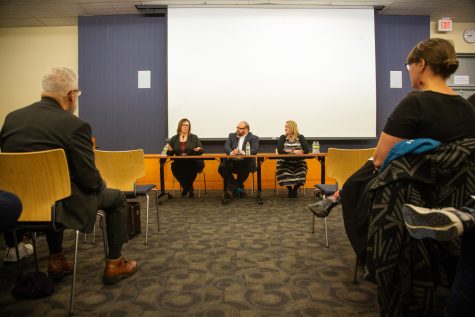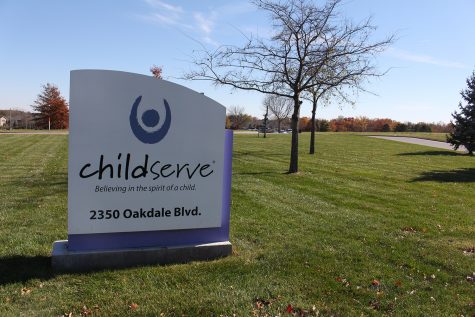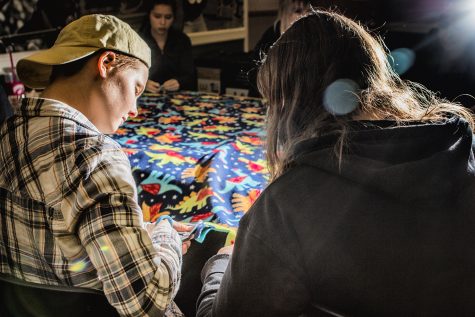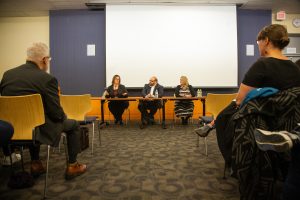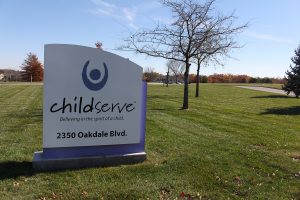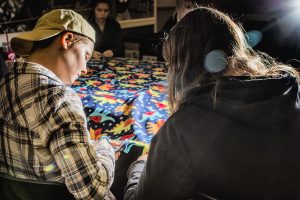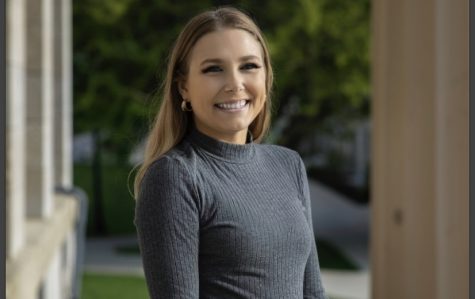New law clinics provide a hands-on learning experience for students
The College of Law introduced two new law clinics earlier this year that allow students to work directly with clients.
The University of Iowa College of Law’s Boyd Law Building on Monday, Oct. 9, 2017. The College of Law is the number 20 ranked law school in the country.
October 29, 2018
Two new legal clinics at the College of Law are giving students the opportunity to learn transactional law and federal defense in a unique way, while also providing them hands-on experience working with clients and advocating in court.
The Community Empowerment Law Project, run by Associate Clinical Professor of law Daria Fisher Page, and the Federal Criminal Defense Clinic, overseen by Associate Clinical Professor of law Alison Guernsey, are the two immersive programs launched to give law students the chance to apply what they’ve learned in class to real-world issues and cases.
Guernsey’s Federal Defense Clinic, which allows students to appear in court, is the second of its kind in the nation. Guernsey said the only other trial-level federal criminal defense clinic in the U.S. is at the University of Chicago.
Students participating in that clinic represent individuals accused of federal crimes in the U.S. District Courts for the Northern and Southern Districts of Iowa. Guernsey said the majority of these individuals are assigned to the clinic because they cannot be represented by the federal public defender’s office.
Fisher Page’s Community Empowerment Clinic offers a different legal experience, focusing primarily on working with nonprofit organizations and other civic governments to help with business planning and achieving their extra-judicial goals.
While both clinics are focused on students understanding the responsibility of being an actor in the legal system, Fisher Page said her clinic emphasizes social change driven by the larger community.
“My students are out in the community a lot, interacting with people, and that’s hard to find in a law school,” she said.
RELATED: DITV: UI collaborates with community on immigration policy
In the defense clinic, two student attorneys and a student investigator are assigned to each case.
One of Guernsey’s students, Arianna Chronis, said participants of the clinic are expected to do the same amount of work as a professional defense attorney, including often working the same hours as one.
“I really appreciate the in-court time,” Chronis said. “With the student practice certificate, we get to have experience arguing in federal court, which is great.”
Both Chronis and one of Guernsey’s students, Cara Donels, said one of the reasons they were drawn to the new clinics was because they are both run by female attorneys who students — particularly female law students — can look up to as role models in a field historically dominated by men.
“I feel like they are really conscious about how the legal system is set up,” Donels said. “That kind of perspective and that kind of validation have been very useful.”
The clinics also provide different perspectives for students from positional standpoints. While Chronis said she plans on one day working as a prosecutor, Guernsey’s defense clinic allowed her to see the other side of criminal law and eliminate some of the bias surrounding defense attorneys.
Fisher Page said her clinic allows students to be more exposed to transactional skills, which she feels are not as present in law school as other practices. Her students work directly with businesses to help them achieve their goals.
“I would never have [that] opportunity if it weren’t for the clinic,” Donels said.




